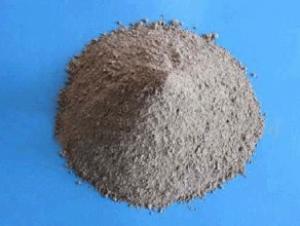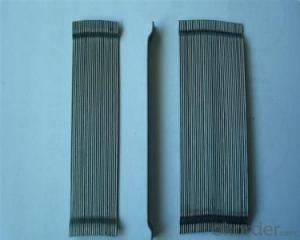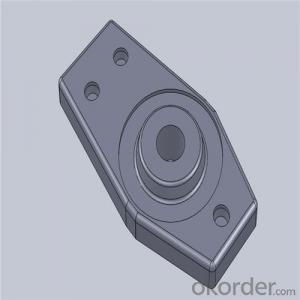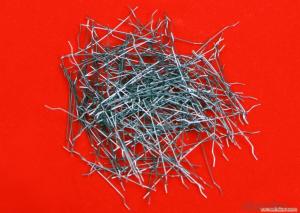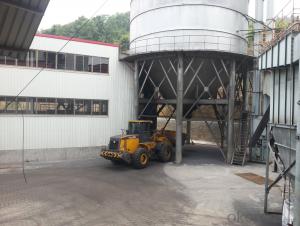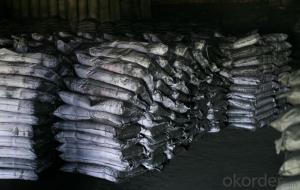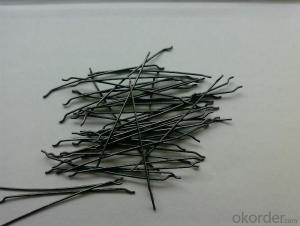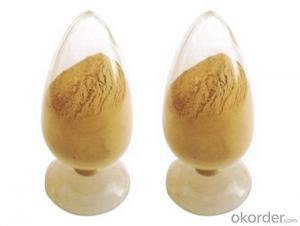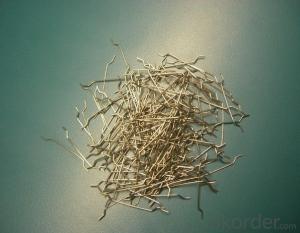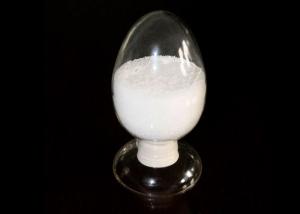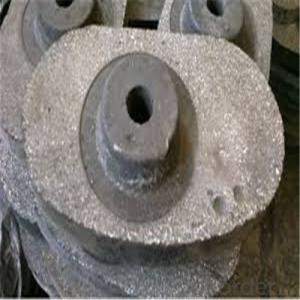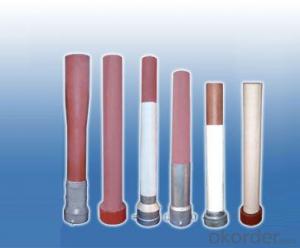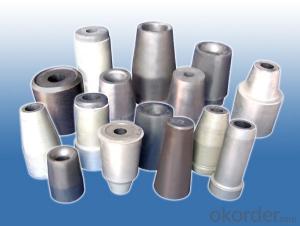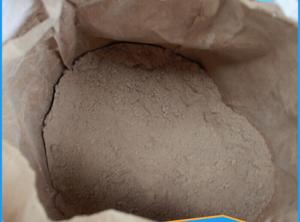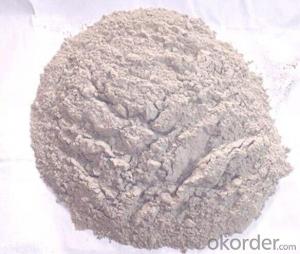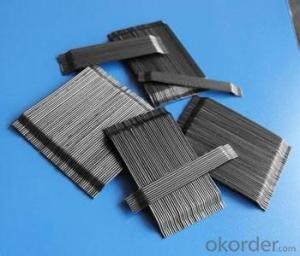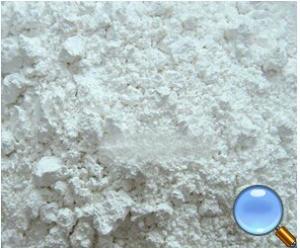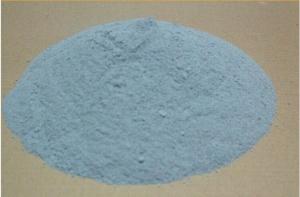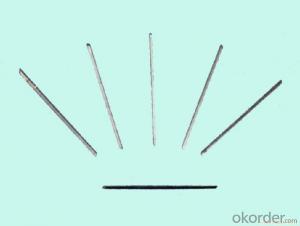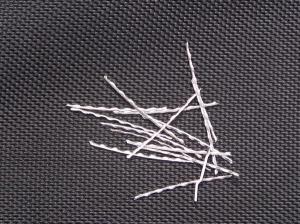All Categories
- - Steel Wire Rod
- - Steel Coils
- - Steel Profiles
- - Steel Pipes
- - Stainless Steel
- - Tinplate
- - Special Steel
- - Steel Sheets
- - Steel Rebars
- - Steel Strips
- - Hot Rolled Steel
- - Cold Rolled Steel
- - Pre-painted Steel
- - Seamless Steel Pipe
- - Welded Steel Pipe
- - Hollow Steel Tubes
- - Galvanized Pipe
- - Stainless Steel Coil
- - Stainless Steel Sheet
- - Stainless Steel Plate
- - Stainless Steel Strips
- - Electrolytic Tinplate Coil
- - Electrolytic Tinplate Sheet
- - Stainless Steel Rebars
- - Solar Panels
- - Solar Water Heater
- - Solar Related Products
- - Solar Inverter
- - Solar Cells
- - Solar Light
- - Solar Energy Systems
- - Solar Controllers
- - Solar Mounting System
- - Solar Pump
- - Solar Chargers
- - Fiberglass Chopped Strand
- - Fiberglass Mesh Cloth
- - Composite Pipes
- - FRP Pultrusion Profiles
- - Fiberglass Mat Tissue
- - Fiberglass Fabrics
- - Fiberglass Mesh
- - Composite Tank
- - Fiberglass Mesh tape
- - Polymer
- - FRP Roofing Panel
- - Fiberglass Roving
- - Monolithic Refractories
- - Ceramic Fiber Products
- - Refractory Bricks
- - Raw Materials For Refractory
- - Suspended Platform
- - Cranes
- - Concrete Machinery
- - Earthmoving Machinery
- - Building Hoist
- - Road Building Machinery
- - Plastic Pipe Fittings
- - Plastic Tubes
- - Plastic Sheets
- - Agricultural Plastic Products
- - Plastic Nets
Q & A
How do monolithic refractories perform in sealing applications?
Monolithic refractories are highly effective in sealing applications due to their excellent thermal shock resistance and high strength. These refractories can withstand extreme temperatures and provide a tight seal, preventing the leakage of gases or liquids. Additionally, their ability to conform to irregular surfaces ensures a reliable and durable seal, making them a preferred choice in various industrial sealing applications.
How is research and development in monolithic refractories advancing?
Research and development in monolithic refractories is advancing through innovative materials, advanced manufacturing techniques, and improved understanding of their properties. This is leading to the development of refractories with enhanced performance, increased durability, and improved thermal and chemical resistance. Additionally, research efforts are focusing on sustainable and eco-friendly solutions, such as the use of recycled materials and reducing environmental impact during production. Overall, advancements in research and development are driving the evolution of monolithic refractories, enabling them to meet the growing demands of various industries.
How do monolithic refractories provide resistance to slag attack?
Monolithic refractories provide resistance to slag attack by having a dense and high-temperature resistant structure that prevents the penetration and reaction of slag components. Additionally, they are designed with chemical compositions that are compatible with the slag composition, allowing them to withstand the corrosive reactions and maintain their integrity.
Can monolithic refractories be used in the construction of blast furnaces?
Yes, monolithic refractories can be used in the construction of blast furnaces. Monolithic refractories are versatile and can be shaped and installed to fit various furnace designs, including blast furnaces. They offer excellent thermal insulation and resistance to high temperatures, making them suitable for the intense heat and harsh conditions inside a blast furnace. Additionally, monolithic refractories provide superior corrosion resistance and are cost-effective compared to traditional brick and mortar refractories.
What are the key factors affecting the drying time of monolithic refractories?
The key factors affecting the drying time of monolithic refractories include the type and composition of the refractory material, the thickness and shape of the application, the ambient temperature and humidity levels, and the drying method used. Additionally, the presence of any additives or binders in the refractory material can also impact the drying time.
Wholesale Monolithic Refractories from supplier in Senegal
Our Monolithic Refractories are designed to withstand high temperatures and harsh conditions, making them ideal for a wide range of applications such as furnace linings, kiln linings, and incinerators. We offer a variety of refractory materials including castables, ramming mixes, gunning mixes, and plastic refractories.
In addition to supplying Monolithic Refractories, we also provide a range of value-added services. Our team of experts can assist you with product selection, installation guidance, and troubleshooting. We understand the unique challenges and requirements of the Senegal region and can provide tailored solutions to meet your specific needs.
As a subsidiary of CNBM, we have access to a vast network of resources and expertise. CNBM is one of the largest building materials companies in the world, with a strong presence in the refractories industry. This allows us to offer competitive pricing, high-quality products, and reliable delivery services.
We are committed to delivering exceptional customer service and building long-term partnerships with our clients. Our dedicated sales team is available to provide prompt and personalized assistance, ensuring a smooth and efficient procurement process.
Contact us today to discuss your Monolithic Refractories needs in Senegal. We look forward to working with you and providing the best solutions for your projects.
In addition to supplying Monolithic Refractories, we also provide a range of value-added services. Our team of experts can assist you with product selection, installation guidance, and troubleshooting. We understand the unique challenges and requirements of the Senegal region and can provide tailored solutions to meet your specific needs.
As a subsidiary of CNBM, we have access to a vast network of resources and expertise. CNBM is one of the largest building materials companies in the world, with a strong presence in the refractories industry. This allows us to offer competitive pricing, high-quality products, and reliable delivery services.
We are committed to delivering exceptional customer service and building long-term partnerships with our clients. Our dedicated sales team is available to provide prompt and personalized assistance, ensuring a smooth and efficient procurement process.
Contact us today to discuss your Monolithic Refractories needs in Senegal. We look forward to working with you and providing the best solutions for your projects.
Hot Search
- Monolithic Refractories in Luxembourg
- Ceramic Fiber Products in Malawi
- Refractory Bricks in Nicaragua
- Raw Materials For Refractory in India
- Raw Materials For Refractory in Qatar
- Ceramic Fiber Products in Canada
- Ceramic Fiber Products in Seychelles
- Refractory Bricks in Haiti
- Monolithic Refractories in Tonga
- Refractory Bricks in Andorra
